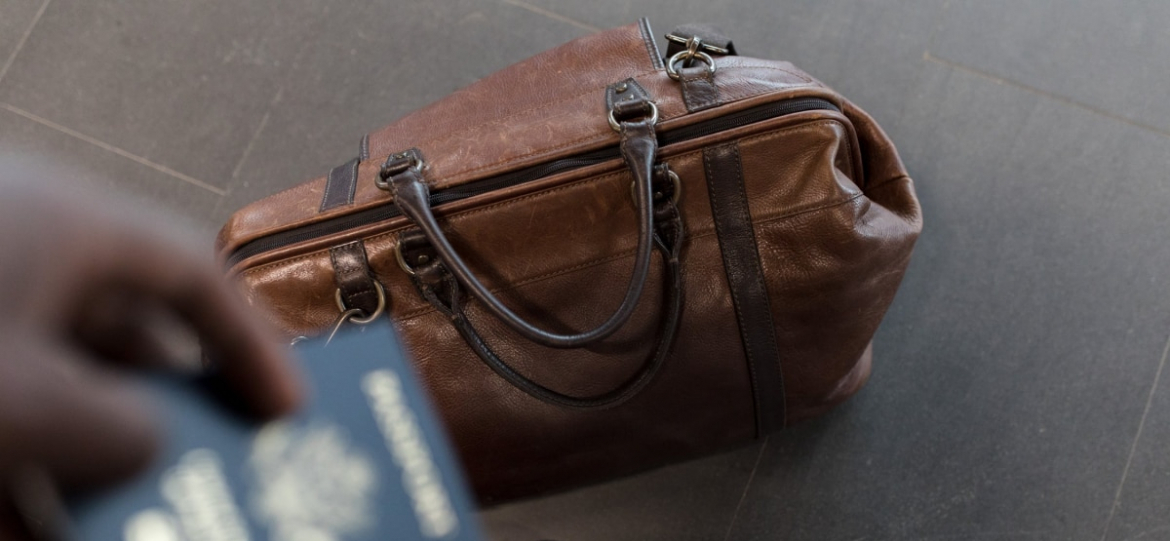Presentation of the DELF
What is the DELF?
The DELF (Diplôme d’Etudes en Langue Française) is an official diploma issued by the French Ministry of National Education. It allows foreign and French candidates, those originating from a non-French-speaking country and those who have not been awarded with a French secondary or higher education diploma, to certify their proficiency in the French language. There are accredited test centers all aroung the world such as in the UK or in Canada for example.
The idea is to shine a light on French culture and language abroad. Today, 400,000 exam registrations are annually recorded in more than 1186 authorised exam centres in over 174 countries, including France. Over time, the DELF diploma has become increasingly renowned as a result of French cultural network activities abroad. It follows, in particular, the policy of French linguistic and cultural cooperation abroad as well as the development of many French language teaching centres worldwide.
This national diploma is composed of four different levels which are the equivalents of those within the Central European Framework of Reference for Languages (A1, A2, B1, B2). A public diploma has also been created. For each level, four competencies are evaluated: oral comprehension, oral expression, written comprehension, and written expression. Each level has a different degree of difficulty.
In the category Introduction to the DELF exam, we have gathered all the practical information you need for your test preparation.
The specifics of the DELF exam
Going beyond simple linguistic knowledge!
The DELF does not only assess your level of French. It also assesses the candidate’s knowledge of how to use the language, their social skills and their ability to learn within a linguistic, sociolinguistic and pragmatic framework. The candidate should pay attention to the way in which they express themselves, as well as the way in which they interact with others, during the activities presented in each test.
This is not surprising given that those who sit the exam will certainly live in a French-speaking environment. They are expected to be capable of coping with everyday situations and to be able to interact easily with French people and their culture in order to adapt to their new environment.
DELF levels
The DELF Tout Public is reserved for adults between levels A1 to B2.
The DELF Junior has the same structure as the DELF Tout Public (A1-B2), except that the themes have been changed to reflect different interests. The exam is reserved for young people of secondary school age (12 to 17 years) and an identical diploma to that of the public version is issued.
The DELF Scolaire came into being in 2005 and also has the same structure as the DELF Tout Public (A1-B2). However, this version is designed for teenage school pupils who attend either public or private schools. The themes and media used for the exam are thus adapted to school pupils.
The DELF Prim (A1.1-A1-A2) is the first tier of French as a Foreign Language diplomas. It was designed for children who are beginners in French and are registered in a French elementary school or those of the same age in other countries.
The DELF Pro (A1-B2) was created in 2009 and corresponds to the professional version of the DELF diploma. It is reserved for those who have the objective of working within a French-speaking company or environment. The themes tackled in this exam thus refer to the working world. The candidate can join the diploma at any level they wish.
DELF: practical information
You can register for the exam of your choice, according to your level. It is even possible to apply for several DELF diplomas within the same session. For registration, students should go directly to the exam centres, either abroad or in France. Be aware that those wishing to take the DELF Scolaire should register with the school in question.
Also, DELF prices may also vary depending on the level you choose to take. If you don’t know which exam to choose between the DELF and the TCF, you can check the blog posts to see which test suits you best.



